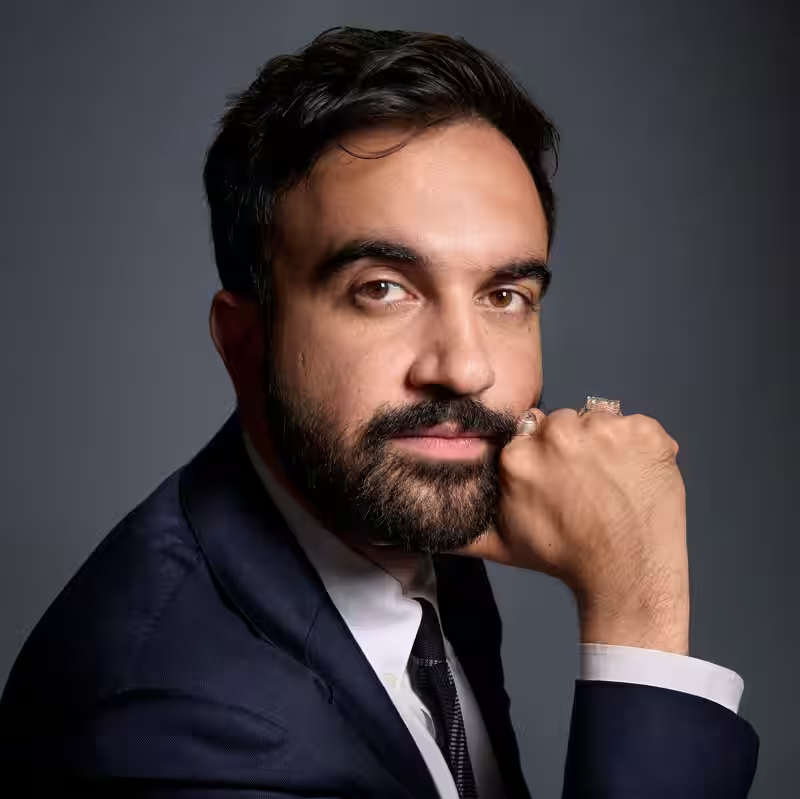Table of Contents
- The Rise of a Political Phenomenon
- Zohran Mamdani’s Campaign Strategy
- What His Victory Means for NYC and the Democratic Party
- Personal Style and Public Appeal
- Sources
The Rise of a Political Phenomenon
Just months ago, Zohran Mamdani was a relatively unknown 33-year-old Democratic Socialist serving as a backbench state assemblyman. Today, he stands as the Democratic nominee for mayor of New York City—and the overwhelming favorite to win the general election.
In a stunning upset during the June primary, Mamdani leveraged ranked-choice voting to secure a commanding 12.8-point victory over political heavyweights, including a former governor from one of New York’s most storied political dynasties. His campaign didn’t just win votes—it reshaped the electorate.
Zohran Mamdani’s Campaign Strategy: Affordability Over Polls
“There was never going to be a poll that said, ‘The time is now for Zohran Mamdani and a campaign on affordability,’” Mamdani told The New York Times during a recent interview over breakfast at Johny’s Luncheonette in Chelsea.
His campaign centered on one core issue: making New York City affordable again. While other candidates leaned on name recognition or establishment backing, Mamdani built a grassroots movement fueled by young voters, working-class New Yorkers, and progressive activists disillusioned with the status quo.
Key elements of his strategy included:
- Relentless street-level engagement
- Clear messaging on housing, rent control, and public transit
- Strategic use of ranked-choice voting to consolidate progressive support
- Leveraging social media and celebrity endorsements (including a surprise encounter with Trevor Noah)
What His Victory Means for NYC and the Democratic Party
Mamdani’s rise signals a seismic shift in Democratic politics—not just in New York, but nationally. His success as a self-described Democratic Socialist has rattled the party’s moderate wing and energized its left flank.
The incumbent mayor, trailing in fourth place, dropped out of the race early, conceding that the political winds had changed. Analysts say Mamdani’s campaign has redefined what’s possible for outsider candidates in major urban centers.
However, challenges loom. Governing New York City requires navigating complex budget constraints, public safety concerns, and a deeply fragmented coalition. Whether Mamdani can translate campaign energy into effective governance remains the central question.
Personal Style and Public Appeal
Walking with Zohran Mamdani “can feel like an extreme sport,” according to The New York Times. From selfies with fans to impromptu reunions with old friends, his public presence is magnetic.
Born to Ugandan-Indian immigrants and holding dual American-Ugandan citizenship, Mamdani represents a new generation of American leadership—diverse, globally connected, and unapologetically progressive. His trademark full-face grin and unpretentious demeanor (he favors hole-in-the-wall diners like Johny’s) have made him relatable to everyday New Yorkers.
Even international figures have taken notice. Comedian Trevor Noah, upon meeting Mamdani on a Manhattan street, embraced him like “a regional cousin” and invited him onto his podcast—an endorsement that speaks volumes about Mamdani’s cross-cultural resonance.




